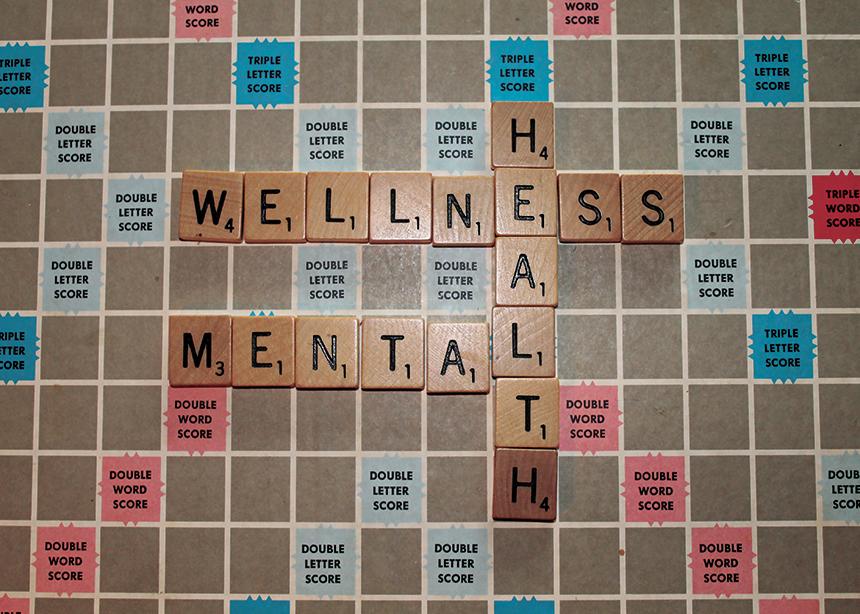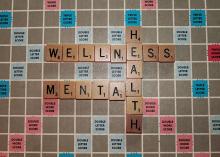The spread of the global COVID-19 pandemic has forced Canadians to learn to cope with forced isolation, loss of work and social events, and an uncertain future. For a church community accustomed to weekly worship services and small group gatherings, learning how to maintain a sense of community and foster wellness among members presents an unprecedented challenge.
The result for many is stress. According to the Canadian Mental Health Association (CMHA), it’s normal to feel anxious during a pandemic. “Self-care is critically important at this time, as worries can be made worse if we aren’t taking care of ourselves,” says a post on the CMHA website. “It’s important to be kind to yourself. This is an anxious and stressful time for everyone, and it’s okay if you feel more anxious than usual, and it’s okay to take time for yourself to manage your mental health.”
Sanctuary Mental Health Ministries is a non-profit ministry that exists to equip the church to be a sanctuary for all people. Dr. Hillary McBride of Sanctuary says that feeling stress or fear in times of uncertainty or danger is normal. Stress helps the body have all the energetic and hormonal responses needed to get through difficulties, and fear helps people mobilize to act on their environment and protect themselves when in danger.
“Stress becomes a problem when it hangs around for too long in our system, or we are in an environment that is causing us more stress than is helpful,” explains McBride, adding, “Likewise, fear is not bad, but when we do not know what to do with it, it can take over. When fear has taken over, it can be hard for us to think, rest, eat, connect, create and just generally live our lives.”
The Sanctuary website has resources from McBride, including “Meditation and self-care during COVID-19” and an article on “Practising self-care during anxious times.”
Not to be overlooked alongside mental health is physical health. Angelika Dawson of Abbotsford, British Columbia, a registered yoga teacher who leads a class called Yoga as Prayer at Emmanuel Mennonite Church, believes that the connection between mind and body is vital.
“One of the reasons I began attending yoga classes was when I developed severe anxiety more than a decade ago,” she says. “I have since come to deeply appreciate the connection between mind, body and spirit. We are not compartmentalized as people. Everything impacts everything else. Learning to calm my spirit, and to slow down and focus my mind, helps me keep my anxiety at bay.”
Dawson has several suggestions for maintaining mental and physical health, including:
- Breathe: Breathing slowly and deeply, then exhaling loudly is a great way to reduce tension.
- Move your body: Even for those staying indoors, this can include walking hallways and stairs, using a treadmill or exercise bike, or participating in online exercise or yoga classes.
- Reach out. Use Skype or Facetime to connect with people face-to-face. If not connected digitally, use the telephone!
- Focus on something other than yourself: Serve others. Find a way that you can support someone else, even when you’re isolated.
- Consume good news: Share stories of how people are turning this stressful time into something positive.
Sanctuary Mental Health is offering The Sanctuary Course, available to anyone who wants to learn more about faith and mental health, with free registration until April 18. To learn more or to register, visit sanctuarymentalhealth.org/sanctuary-course.





Add new comment
Canadian Mennonite invites comments and encourages constructive discussion about our content. Actual full names (first and last) are required. Comments are moderated and may be edited. They will not appear online until approved and will be posted during business hours. Some comments may be reproduced in print.